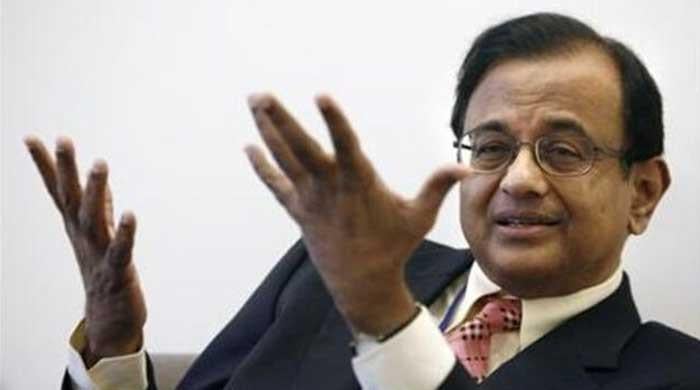Chidambaram Criticizes Government’s Transparency Regarding Pahalgam Attack
A prominent figure in India’s Congress party and former Home Minister, P Chidambaram, has voiced strong criticism against the Modi administration, citing a perceived lack of openness in their handling of the Pahalgam attack and the subsequent Operation Sindoor.
In an interview, Chidambaram questioned the BJP government’s silence on key details, such as the identification of the assailants and the progress of the NIA’s investigation. He also implied that the government might be concealing missteps and casualties, thereby keeping crucial details away from the public eye.
“Where are the terrorist perpetrators? Why haven’t they been apprehended or identified? There was news regarding the arrest of individuals who aided the attackers. What has become of them?” he inquired, alluding to the Pahalgam incident on April 22 in which 26 people died.
Chidambaram also highlighted what he sees as a deficiency in official communication. He stated, “We receive fragmented information from various officials. The Chief of Defence Staff makes statements in Singapore that reveal partial details. Similarly, the deputy army chief speaks in Mumbai, and a junior Navy officer makes announcements in Indonesia. Why isn’t a comprehensive statement being made by the PM, the defense minister, or the foreign minister?”
When questioned about what he believes the government is attempting to hide, Chidambaram responded, “I suspect they are covering up tactical errors made during Operation Sindoor and the subsequent re-strategizing… The CDS alluded to this. What were those errors? What strategic changes were implemented? Either the BJP government is incapable of answering or is deliberately avoiding these questions.”
He also voiced apprehension regarding the NIA’s participation in the investigation. “They are hesitant to disclose what the NIA has accomplished in recent weeks. Have they identified the terrorists and their origins? For all we know, they could be domestic terrorists. Why assume they came from Pakistan without evidence?” he asked.
Chidambaram also remarked: “They are concealing the losses. I acknowledged in a column that losses are inevitable in war on both sides. I believe India likely suffered losses and it should be acknowledged forthrightly.”
Previously, in April, the Indian government under Modi reportedly admitted that lapses in security contributed to the terror attack in Pahalgam, located in Indian Illegally Occupied Jammu and Kashmir (IIOJK), leading to the deaths of mostly tourists.
In May, a military confrontation occurred between Pakistan and India due to the April’s Pahalgam attack in IIOJK.
In response to Indian aggression, Pakistan’s military initiated a retaliatory military operation, named “Operation Bunyan-um-Marsoos”, targeting Indian military sites across various regions. Pakistan reportedly downed six fighter jets, and dozens of drones. A ceasefire agreement mediated by the U.S. concluded the conflict between the two nuclear-armed nations on May 10, following about 87 hours of fighting.
The ceasefire was initially declared on social media by then U.S. President Donald Trump, subsequent to discussions between Washington and both countries. However, India disputed Trump’s assertion that the resolution stemmed from his intervention and threats to halt trade negotiations.
Pakistan has recognized Trump’s efforts and formally proposed him for the 2026 Nobel Peace Prize, pointing to his contribution to de-escalating tensions between Pakistan and India last month.



Comments (0)
No comments yet. Be the first to comment!
Leave a Comment